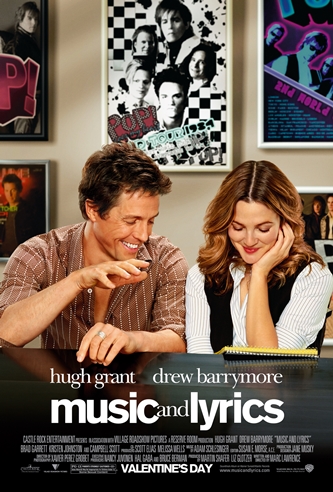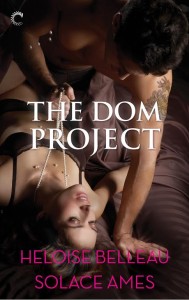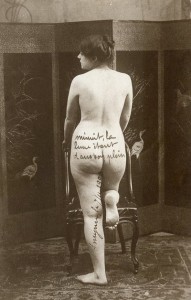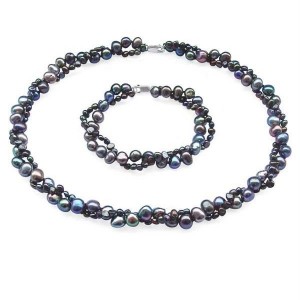Recently, Team Wonkomance had an email thread going about condoms. It began with a comment about edits requested from a publishing house regarding the hero’s condom habits, and it ran on for quite a while, through humor, outrage, sympathy, and silliness.
We talked about condom-related things we had written and what we’d been asked to do or not asked to do with them. We joked around about what flies under the radar in Romanceland and what doesn’t.
Conversations like this can be so revealing of where the boundaries lie in this genre. Of how we establish what’s “normal” and what isn’t.
In my serial novel Roman Holiday, there’s a scene where the hero is masturbating next to a sink while overhearing the athletic sex noises of his host couple, a man and woman in their sixties. He’s aroused against his will, so full of shame and so angry with himself and the world that he puts his hand under the burning-hot tap as a kind of punishment.
Roman makes himself orgasm by thinking of a series of things that he won’t normally let himself think about under any circumstances, including losing his virginity in college in a drunk fling with a girl whose face reminded him of his sister.
I did not get a single note on that part of the scene. You know what got queried, and what readers ask me about, repeatedly? Armpit hair. Roman hasn’t even seen the heroine’s armpits, but he imagines her with armpit hair, and god, it’s too much. Spare us this offensive armpit hair, Ruthie.
I don’t know, guys. I honestly don’t know.
The email thread about condoms made me smile for a few minutes, but then it made me angry and sad, which is how I feel a lot of the time when it comes to this kind of policing.
We romance writers, and possibly particularly we Wonkomance writers, get these edits that say, “No, this isn’t the fantasy, that is.” Edits that say, “Readers don’t want this. They want that.”
We get edits that say women don’t fall in love with men who cry.
Edits that say women don’t masturbate.
We get edits that say heroes don’t have to go out and buy condoms, ever, because the fantasy is that the men we want to fuck are so sexually active already, they have condoms on hand at all times. They have them in their wallets. They carry them in their back pockets, for Pete’s sake, even though, dude, that is not a good idea.
We get edits that say women with unapologetic sexual agency are sluts, so can you make it so she’s been in love with him forever, maybe? Or else have her thinking about how she doesn’t usually get horny like this, but this guy is special?
We get edits that say people who have been sexually assaulted aren’t okay. They can’t be portrayed as okay, because they have to be broken, and then they have to be redeemed by the love of their partner, who is the only person who thinks they are okay.
We get edits that say penises must be very very large, and vaginas must be very very tight, and very very wet, but not in a gross way. Never in a gross way. Here is the list of things that are gross. Note the placement of armpit hair (female).
I am tired of it.
And look, lest you think this is sour grapes, let me just say that I’m not venting about my editor here, or my experiences, or how hard my life is. What I’m talking about — what concerns me deeply — is the policing that pretty much all editors do in romance, the policing they have to do it because it is their job to make sure readers get what they want.
Editors police for readers.
It is the readers, we are told, who don’t want small penises or capacious vaginas or expired condoms or crying heroes or functional humans who have been sexually assaulted and are not healed by magical sex. But I am a reader, too, and I want all of these things. I want everything. I want, as a baseline, fiction that is about humans.
Also, and more to the point, there is a way in which we tell ourselves — we, as romance readers and writers and editors, pretend among ourselves — that this kind of policing is not harmful, when it is, actually. It’s harmful to our culture, our social fabric, to perpetuate a narrow idea of who is and isn’t allowed to be sexy, what is and is not sexually okay, what can and cannot be permitted romantically.
Furthermore, it isn’t true. In the world, there aren’t, in fact, rules around sexual and romantic love except for the rules we create, and there aren’t any rules around what fiction — even genre fiction — can and cannot do except the rules we allow, the rules we enforce, the rules we live with and ignore because they are invisible walls right up until we smack into them.
When I was twenty-three, I lived in London. I went to a concert one night to see Dar Williams in a dodgy neighborhood out at the end of the Northern Line. While I was there, I had some wine, and I don’t know if the glasses of wine were bigger than I thought or if it was stronger than I thought or what, but I got completely wasted off my ass on two glasses of wine. Like, the kind of wasted where you go to the bathroom to pee and kind of sit on the toilet, reeling, and have to rest your forehead against the cold metal stall wall.
The kind of wasted where the cute and friendly (female) stranger you’ve been talking to at the concert asks if you’re okay, because even though you’ve been trying to appear okay, it’s just obvious that you are not.
I got home fine. In case you’re worrying about that. I did not get home with my dignity intact, though. Or clean shoes.
It was an experience that I learned things from, and one of the things I learned was how to make fiction from my life. The first draft of About Last Night took that story and used it as a baseline to introduce Cath. In the second draft, I changed some of the details but kept the gist of it. The third draft changed it a bit more. That was the draft I submitted, that I loved.
The feedback I was given was that my drunk, humiliated heroine wasn’t likable in that scene, because no one gets drunk on two glasses of wine.
Except that I had.
The feedback I got was that I had to start somewhere else, some other way, because what the heroine did — the choice she made to go out alone, attend a concert alone, get on the train alone, drunk — was too dangerous, too risky, and it made her too stupid to live.
Except that I am alive, and I am not stupid, and I’ve never met anyone who is perfect, not even once, and I am thirty-six, so I’m starting to think it’s not likely that I ever will.
I wrote myself out of my story, because my story is not close enough to the fantasy.
I am tired of writing myself out of my stories.
I’m not doing it anymore.


 Solace: We made it up entirely! Our main inspiration was Bettie Page. We wanted the same sense of vintage glamor but located in a slightly earlier era. We did end up doing a lot of research at a site called
Solace: We made it up entirely! Our main inspiration was Bettie Page. We wanted the same sense of vintage glamor but located in a slightly earlier era. We did end up doing a lot of research at a site called 
 GIVEAWAY
GIVEAWAY



















